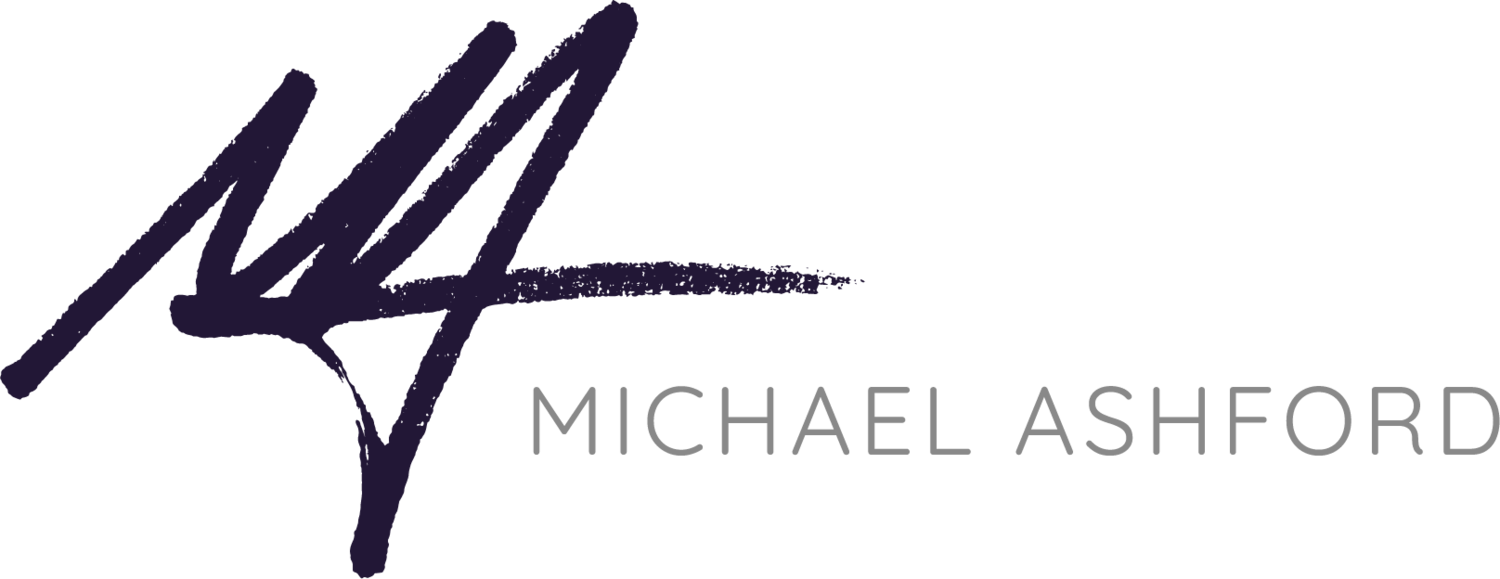The most meaningful things I read in 2022
As 2022 comes to a close, I want to share another group of amazing authors and thinkers who inspired me with their writing this past year.
Don't fall prey to conflict entrepreneurs
We see example after example in popular media of people who make their living off of reducing complicated issues into black-and-white binaries, removing nuance from conversation in favor of parroted talking points, and stereotyping the many based off the actions of the few.
The No. 1 communication lesson you need to unlearn
This total victory fallacy of conversation, where your goal is to achieve total victory by changing someone’s mind in an instant by speaking with such certainty that they can’t help but change, crushes the chance you have of having any measurable effect.
Check in with yourself and acknowledge your goal
Good communication — communication that inspires action — requires us to first understand ourselves and the outcomes we aim to gain.
The worst way we communicate
To be able to communicate well, you must be able to ask curious questions — questions that actually help you understand a situation or a point of view rather than backdoor force an assumption or opinion on someone else.
Assume positive intent
But how would things change if you started assuming positive intent and made others prove their ill intent, rather than the other way around, as so often happens?
What is "the pursuit of truth?"
Pursuing truth means we adopt an explorer’s mindset, where our journey is fueled by a continuously replenishing supply of questions about the world and those in it.
5 things you (likely) weren't taught about communication
We were taught how to exert our ideas on others and how to present our ideas with certainty, but rarely was the other part of conversation — the extraction — ever addressed.
Doing the work of establishing trust
We are a self-preserving species, and in the absence of trust, the person across from you will believe you’ll use facts to damage them in some way.
Wicked problems vs. wicked people
I would love to hear more of us use the phrase “I don't know” more often and remove ourselves from a conversation until we have enough information to come to the table with a sound argument about the issue.
What the best listeners and communicators do differently
The best communicators become interviewers themselves, seeking to extract the underlying emotions and feelings first from deep within themselves, and then from others.
The 5 leadership communication styles
Despite my apprehension to pare down so much nuance into just a handful of groupings, I can’t deny the patterns I’ve observed from leaders and the ways they communicate to their teams and their stakeholders, how they ask questions, and how they tell stories.
Your truth isn’t necessarily THE Truth
When “my truth” becomes THE Truth, it becomes easy to see those who hold different views than you not just as enemies, but as threats to your very life.
Creating an identity of asking questions
With the work that I’m doing to get people to pause and ask more questions — to find common ground with people with whom you disagree — the most frequent feedback I get from those of you trying to put this into practice is that it’s really difficult.
What could be true about that person's life?
We tend to judge people’s entire character based on their actions in a singular moment, and when the tables are turned and we’re the ones having a meltdown at the post office, we want nuance, grace, and understanding of the totality of who we are.
Can people change?
I’m beginning to believe that a person’s answer to this seemingly harmless question holds the key to whether or not finding common ground is achievable.
What good is seeing and understanding "the other side?"
If you understand the other side better and can articulate their point of view, it actually makes your argument stronger.
What are you for?
What if instead of constantly arguing what you are against, which is destined to push others away from you, you committed to shedding light on what you are for?
A statement with a question mark at the end is not a question
When we disagree with someone, we have this nasty little habit of weaving veiled statements, opinions, and assumptions into our questions.
Is offense holding you back from asking more questions?
When we are envious, when we are offended, we don't ask questions, because we believe beyond all reasonable arguments that we are right.
